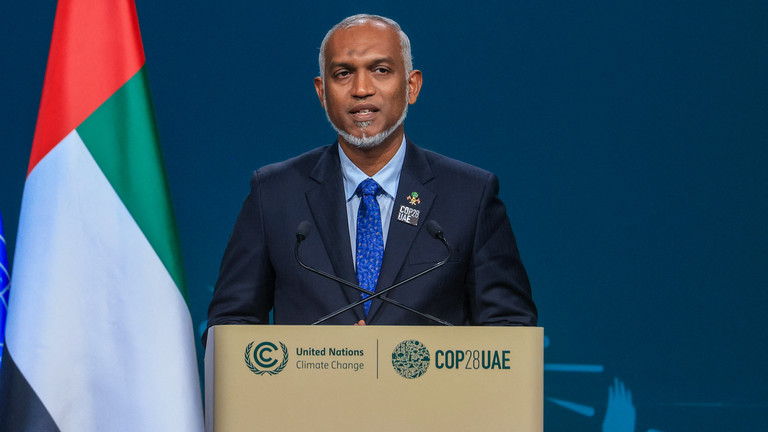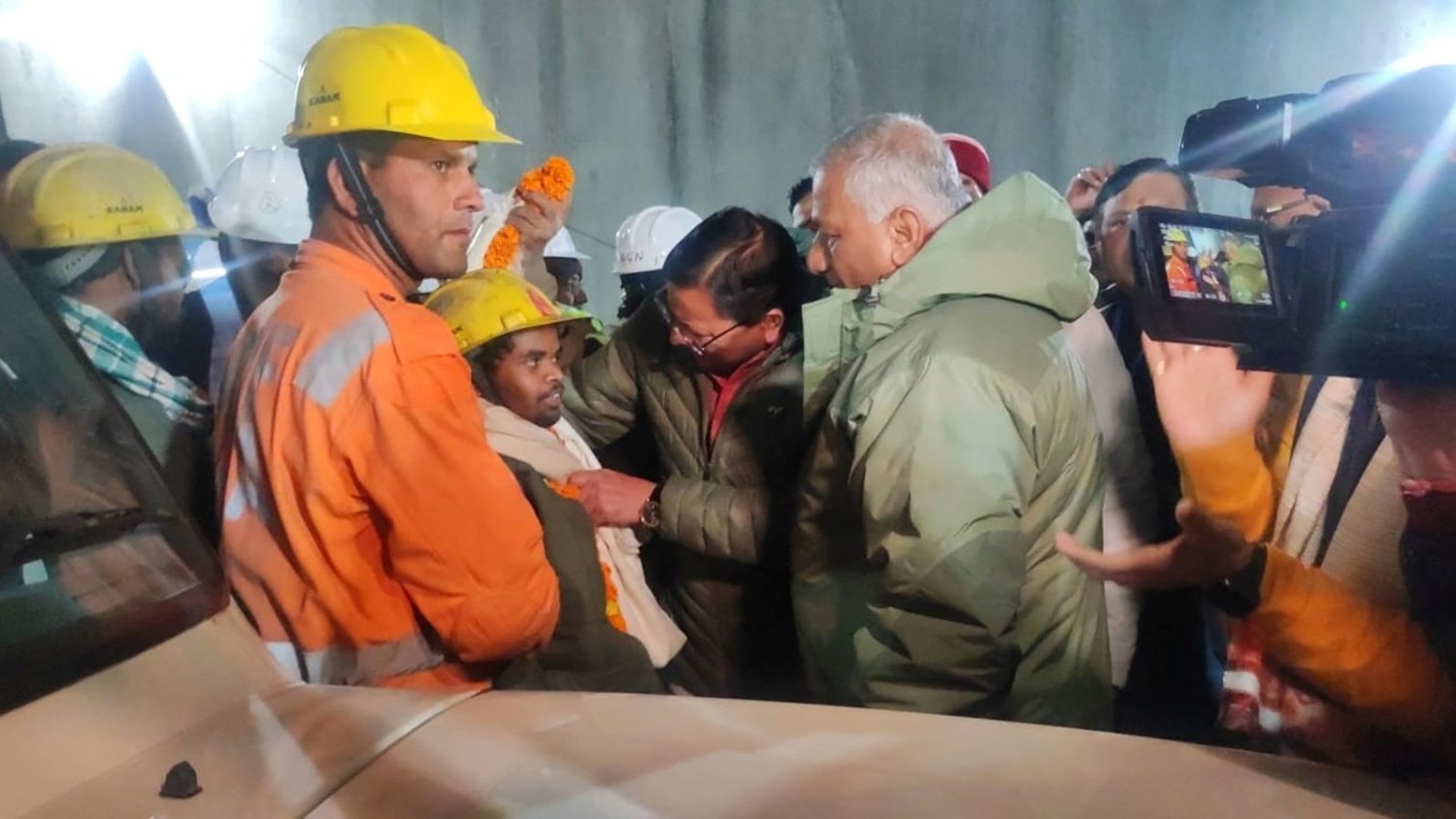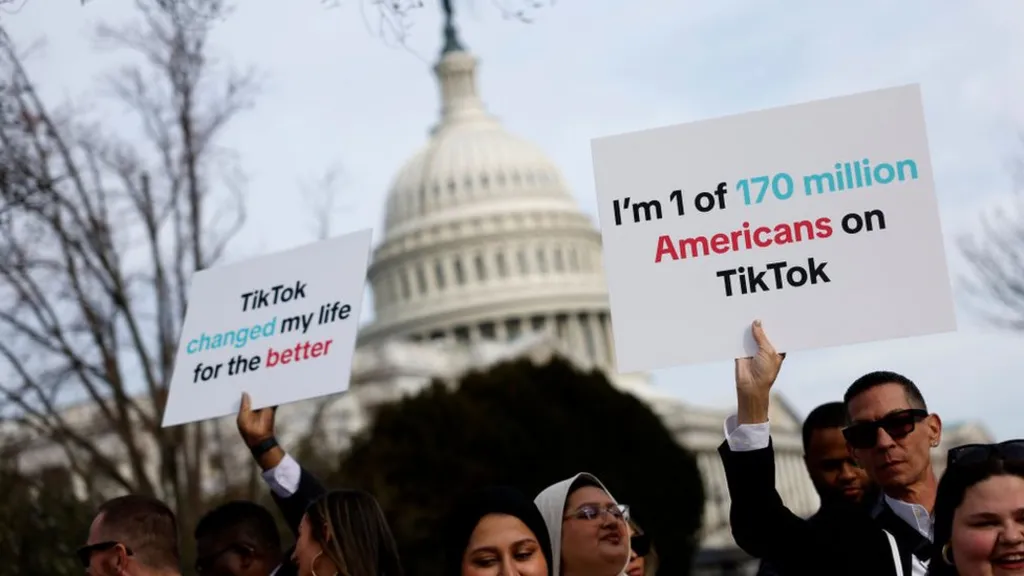This article is more than
5 year old
India
Modi's India: A growing economy but not enough jobs
April 9, 2019 at 21:09
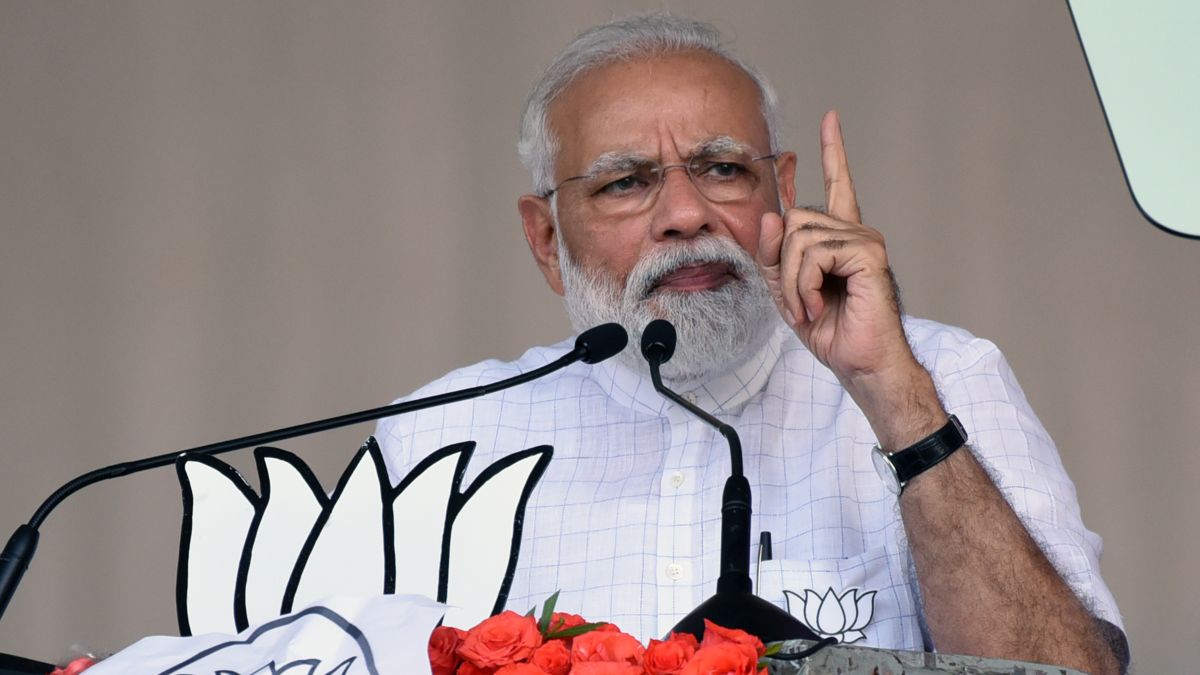
Here's a look at the Indian leader's record so far.
New Delhi (CNN Business) - Narendra Modi had lofty ambitions for India when he came to power in a landslide election win in 2014.
The prime minister and his Bharatiya Janata Party (BJP) promised to overhaul the economy and create millions of jobs for young people, saying they would reverse a decade of "jobless growth" under the previous government.As Modi seeks a second term, he's setting the bar even higher — the election manifesto released by the BJP on Monday aspires to make India the world's third largest economy by 2030.
A much bigger economy
The country has surged up the ranks of the world's largest economies and is on track to displace the United Kingdom from fifth spot in 2019, according to data from the International Monetary Fund.India's gross domestic product is forecast to be nearly $1 trillion bigger this year than it was in 2014. Only the United States, China, Japan and Germany can boast a larger GDP.
Now the BJP wants to boost GDP to $5 trillion by 2025, from $2.9 trillion projected for this year. That would allow India to overtake Germany to become the fourth biggest economy. If all goes according to plan, GDP should then rise to $10 trillion by 2032, surpassed only by the United States and China.
Under Modi, GDP per capita has also risen from $1,600 in 2014 to a projected $2,200 in 2019 — an increase of more than 35%.
The country's rise has bolstered its status as a key global market for several industries eager to access its enormous population, increased spending power, and relatively open economy.
Foreign investment has surged
Modi aggressively courted foreign investors, removing several barriers for overseas players in sectors such as manufacturing, retail and aviation.They responded enthusiastically, pouring around $45 billion into India during the last fiscal year, according to official data. That's nearly double the amount in 2014, the year Modi came to power.
Still, the growth in foreign direct investment has cooled in recent years, falling to less than 5% between 2017 and 2018. Recent crackdowns on foreign companies, particularly leading online retailers such as Walmart (WMT) and Amazon (AMZN), have led many to question India'sunpredictable policy-making.
But analysts say those protectionist regulations reflect election dynamics, rather than a strategic shift, as Modi looks to drum up support from local business owners that form a big part of his base.
"There have been a number of FDI-specific reforms, and I would think that would set the tone for the next few years rather than a shift towards more protectionist policies," Shilan Shah, senior India economist at Capital Economics, told CNN.
Fluctuating growth
The most keenly-watched metric since Modi came to office has been the pace of India's growth.India overtook China as the world's fastest-growing major economy in 2015, and except for a brief period in 2017, it has held that position ever since.
But there has been a sharp deceleration in the last couple of years, with the biggest hit to growth resulting from some of Modi's signature reforms.
He stunned the country in November 2016 by abruptly banning the two biggest banknotes in circulation, making 86% of the country's cash worthless at a stroke.
While the stated goal was to crack down on illegal funds and move India towards a more digital future, the move wreaked havoc in the cash-dependent economy and brought several sectors to a halt.
A massive overhaul of India's tax system a few months later hit the economy even harder, as businesses still reeling from the cash ban struggled to cope with the changeover.
The economy had rebounded strongly by the beginning of last year, but growth has since slumped from 8.2% to 6.6%.
"If you really look at what this government has done, it has systematically ticked a lot of boxes," said Pronab Sen, India director at the International Growth Centre and the country's former chief statistician. "But the one big error was [the cash ban.] The consequences of that one act, I think, more than outweighs the good things that have been done."
Rising unemployment
The government has also disappointed many with its performance on jobs. India needs to create more than 10 million every year just to keep pace with the growth in its working age population.India has not released official employment data for several years, and the fact that more than 80% of its economy is informal makes it difficult to tell whether Modi has managed to keep his promise.
The Indian government canceled the planned release of its latest labor survey in February. But the numbers it reportedly contained paint a grim picture. The Business Standard newspaper said it had obtained a copy of the survey that showed unemployment at its highest rate in 45 years.
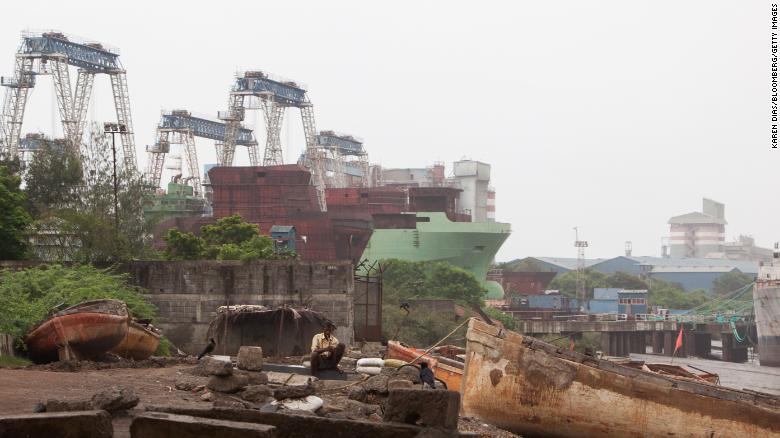
The head of India's government-run think tank said the data had not been adequately verified by the administration. Critics accused the government of trying to suppress the numbers.
Independent calculations also show a rise in unemployment. India lost 11 million jobs in 2018, according to the Centre for Monitoring the Indian Economy, an independent think tank.
And a study last year by researchers at India's Azim Premji University showed that rapid economic growth is producing far fewer jobs than it used to.
"The increase in unemployment is clearly visible all across India," the study said.
What happens next?
Modi is still widely considered the frontrunner to win India's upcoming election, but questions over his economic promises have gotten louder as the polls approach.India's growth is likely to slow further in the coming months as an uptick in government spending around the election fades, Shah said.
Even if Modi wins reelection, changes in those areas will likely "stay off the table," Shah added.
Update: This article was originally published on April 6.
Keywords
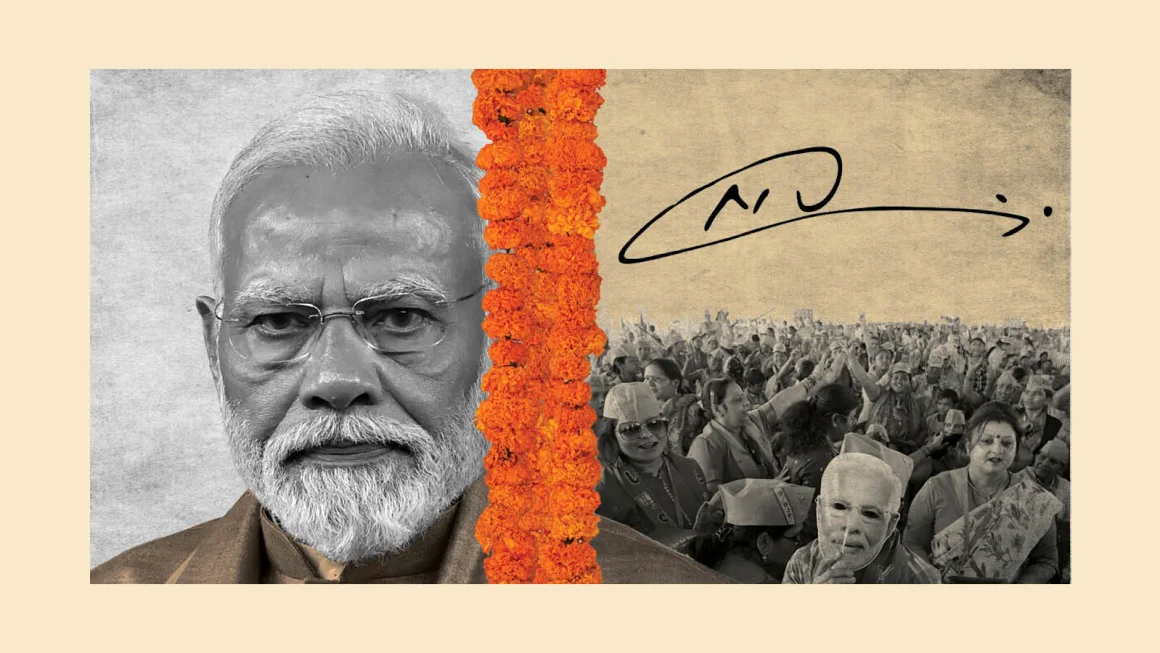
Newer articles
In case you missed it
<p>TikTok is getting closer to being kicked out of the US after the Senate approved a bill that would ban the platform unless its Chinese owner ByteDance sells the company.</p>
Ukraine war: Kyiv uses longer-range US missiles for first time
Congress passes bill that could ban TikTok after years of false starts
TikTok faces US ban as bill set to be signed by Biden
‘LOSING CREDIBILITY’: Judge explodes at Trump lawyers as case heats up
Claim rapper ‘made staff watch her have sex’
The EU warned TikTok’s new rewards feature could be addictive. Now the app's suspended it
KANYE WEST PLANS TO LAUNCH 'YEEZY PORN' ... Could Be Coming Soon!!!
Megan Thee Stallion’s Ex-Makeup Guru Talks. It’s Not Pretty.
King’s Funeral Plans Dusted Off—as Health Remains a Mystery
